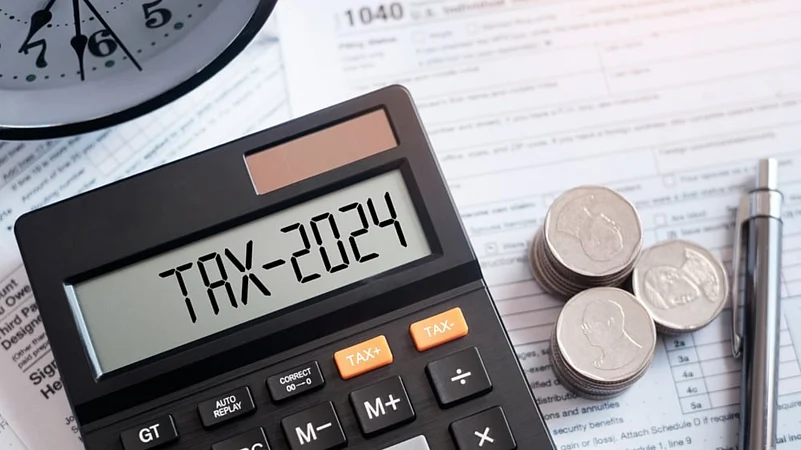As Finance Minister Nirmala Sitharaman is expected to table the Union Budget 2025 on February 1, taxpayers are eagerly waiting for some relief. While the information on the upcoming announcements is not here yet, there were a few significant changes made in the previous Union Budget 2024-25 that every taxpayer should be aware of. One of the major changes was tax slab tweaking, as the updated tax rules were implemented from April 1, 2024, onwards.
Here are some 5 major tax rule changes that were made in the previous budget:
5 major changes from Budget 2024-25
New tax slabs
The central government announced these updated tax rates for different income brackets:
Rs 0-3 lakh: 0 per cent tax
Rs 3-6 lakh: 5 per cent
Rs 6-9 lakh: 10 per cent
Rs 9-12 lakh: 15 per cent
Rs 12-15 lakh: 20 per cent
Rs 15 lakh and above: 30 per cent
2. Increase in Standard Deduction
The government also increased the standard deduction limit from Rs 50,000 to Rs 75,000.
FM also increased the limit for family pensioners from Rs 15,000 to Rs 25,000.
3. Additional deduction on contribution to NPS
Budget 2024-25 also announced an additional deduction limit on an employer’s contribution to the National Pension System (NPS), increasing from 10 per cent to 14 per cent.
4. Changes in capital gains tax
The budget also increased the short-term capital gains (STCG) from 15 per cent to 20 per cent.
FM Sitharaman also increased long-term capital gains (LTCG) from 10 per cent to 12.5 per cent.
The LTCG exemption limit on equity investment increased from Rs 1 lakh to Rs 1.25 lakh.
The Union Budget 2024-25 also omitted the indexation benefit for LTCG on property. This meant that an individual could no longer adjust the purchase price of their asset with inflation when calculating capital gains for tax purposes.
5. TCS on luxury goods
Tax Collection at Source (TCS) was introduced on luxury goods worth more than Rs 10 lakh. This rule was implemented from January 1, 2025 onwards.
The decision was aimed at tracking expensive transactions and reducing tax evasion.











